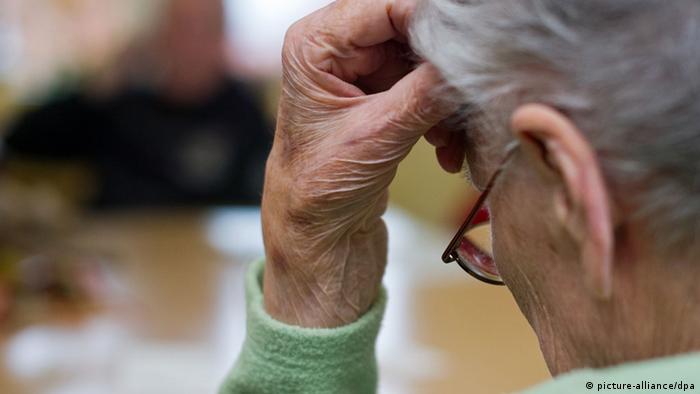A pledge by the G8 countries to find a cure or treatment for dementia in 12 years is highly optimistic considering no drug is anywhere close to being developed, health officials have acknowledged.
The promise came at the end of a day-long meeting in London involving representatives of health, business and non-profit sectors from Canada, the United States, Britain, France, Germany, Japan, Russia and Italy. In a communiqué, G8 health ministers vowed to identify a cure or “disease-modifying therapy” by 2025. They also promised to “significantly increase” the amount they spend on dementia research and share scientific data. They also plan to appoint a global envoy for dementia innovation to co-ordinate international efforts.
“No one here is in any doubt about the scale of the dementia crisis,” British Prime Minister David Cameron told the conference, adding that one new case of dementia is diagnosed every four seconds around the world. “This disease steals lives, wrecks families and breaks hearts.”
The 2025 target immediately came into question and Britain’s Health Minister Jeremy Hunt conceded it was ambitious. “We know that it’s a big challenge and I don’t think we have that cure yet,” he said. “If we don’t aim for the stars, we won’t land on the moon. I think we should be aiming for the stars.”
Dementia is a term used to describe Alzheimer’s and other diseases in which brain cells die in vast numbers. Developing a drug to stop the deterioration has proven fruitless so far despite roughly 10 years of efforts and $12-billion (U.S.) spent by drug companies.
Not one clinical trial has succeeded and officials say some drug makers have given up altogether. Over all, spending on dementia research is a fraction of the amount devoted to cancer, HIV/AIDS and other illnesses, even though the number of those affected is soaring as the population ages. About 44 million people worldwide have dementia, an increase of 22 per cent in three years.
“In terms of a cure, or even a treatment that can modify the disease, we are empty-handed,” World Health Organization director-general Margaret Chan told the meeting. “The ‘business as usual’ model hasn’t worked.”
Harry Johns, chief executive of the U.S. Alzheimer’s Association, said Alzheimer’s is the only disease “among the top 10 killers that has no way to prevent or treat effectively.”
Source: the globe and mail

